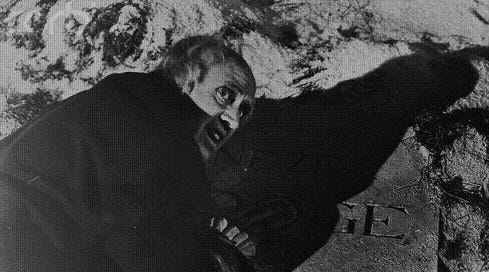
[This modified excerpt from my latest book How to Think Like Socrates, discusses ]
The Socratic Method is a process of thinking. Its constant refrain is “Yes but…”, because it happily seeks out one exception after another to our definitions, assumptions, and other verbal rules. It forces us to think for ourselves by co…
Keep reading with a 7-day free trial
Subscribe to Stoicism: Philosophy as a Way of Life to keep reading this post and get 7 days of free access to the full post archives.




